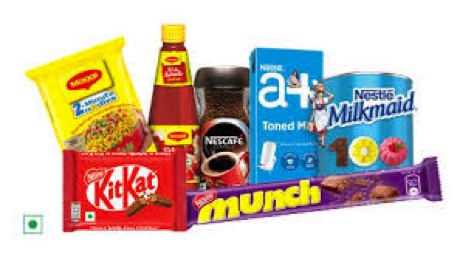The continued push towards clean-label food and beverage products has pushed the demand for plant-based beverages, across the world. India, however, continues to be the largest producer and consumer of animal-derived dairy in the world. It is also one of the biggest agri-businesses in India with a 4 percent share in the economy. Fast-paced lifestyle changes, increased focus on health and wellness, evolving needs of the consumer are propelling rapid growth in the plant-based dairy segment, in recent times.
Currently, according to a study by Good Food Institute India – IPSOS research, 95 percent of plant-based milk users agree that plant-based alternatives can substitute animal-derived dairy.
Currently, the market for plant-based beverages is being driven by several factors such as lactose intolerance, increased demand for vegan food options, sustainability, climate changes, etc.
The first obvious reason, lactose intolerance, for some individuals, belly aches, headaches, or allergic reactions make them switch from all things dairy to a non-dairy alternative.
According to research, 60 percent of Indians suffer from milk intolerance and haven’t yet realized it. Studies suggest that as a child, your body can break down lactose but as we grow up people lose the ability to break it down. Symptoms such as diarrhea, acne, etc. have been actively recorded as a result of lactose intolerance. As people are growing more aware of it, there is an urge to shift towards plant-based options.
The second reason for the growth in the plant-based market is that people are growing more concerned about the consumption of animal-based diets which is leading them to add more greens to their plates, especially after the pandemic. They have understood the benefits of plant-based beverages in their hectic lifestyles that urge them to look out for low-calorie food options with high nutritional value. Plant-based milk is especially good for people who have lifestyle diseases such as diabetes, hypertension, PCOD, considering it has lesser saturated fat, rich proteins, carbohydrates, fiber, calcium, potassium, sodium, and vitamins.
One of the main reasons other than health and wellness, that plant-based milk is bought because it is better for our planet. As consumers learn more about the need to take action and live more sustainable lives, plant-based diets become more relevant.
According to a study conducted, it is warned that methane emissions from India’s livestock will have significant implications for climate change. Additionally, data available for plant-based beverages states that the climate impact per unit weight is lower comparatively.
Adding to the above reasons, plant-based milk is a subject of rising popularity and innovation globally. According to Research and Markets, the market for plant-based milk in India was estimated at $20.9 million in 2018 and is projected to grow at a CAGR of 20.7 percent to reach $63.9 million by 2024. The Good Food Institute India – IPSOS research, claims that 90 percent of the users of plant-based milk consume milk from both plant-based and animal-based sources.
To conclude, it is imperative that we move to adopt food options that can help us secure a more sustainable, healthier future by supporting the emergent market in plant-based milk.





























